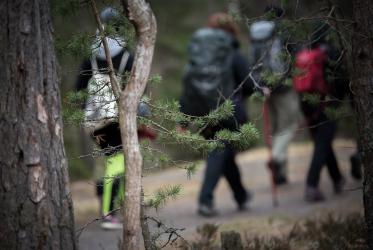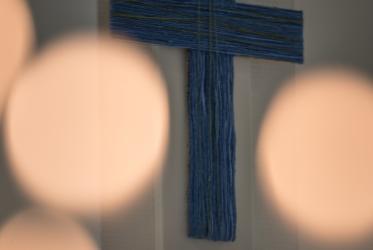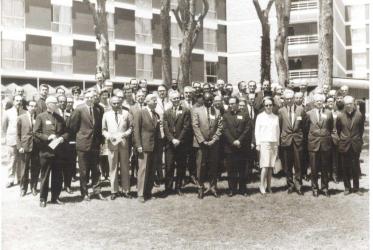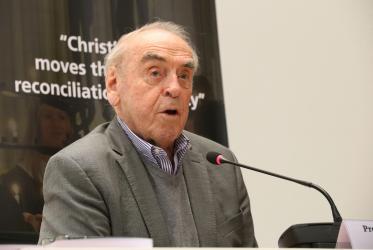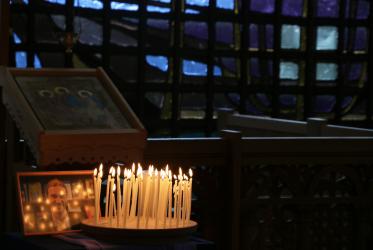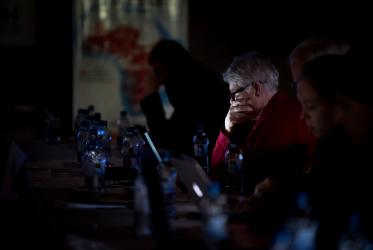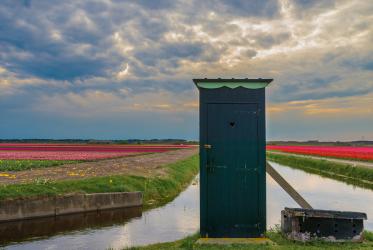Displaying 41 - 60 of 114
WCC urges: “give highest priority to protect life”
21 March 2020
Plans for 11th WCC Assembly build excitement across the globe
18 February 2020
Moltmann reflects on spirit of truth in a post-truth era
02 December 2019
Is God present - even amid hurricane’s wrath?
07 September 2019
“When Nature Calls”…WCC joins in commemoration of World Toilet Day
19 November 2018
How can you help refugees?
11 October 2018

